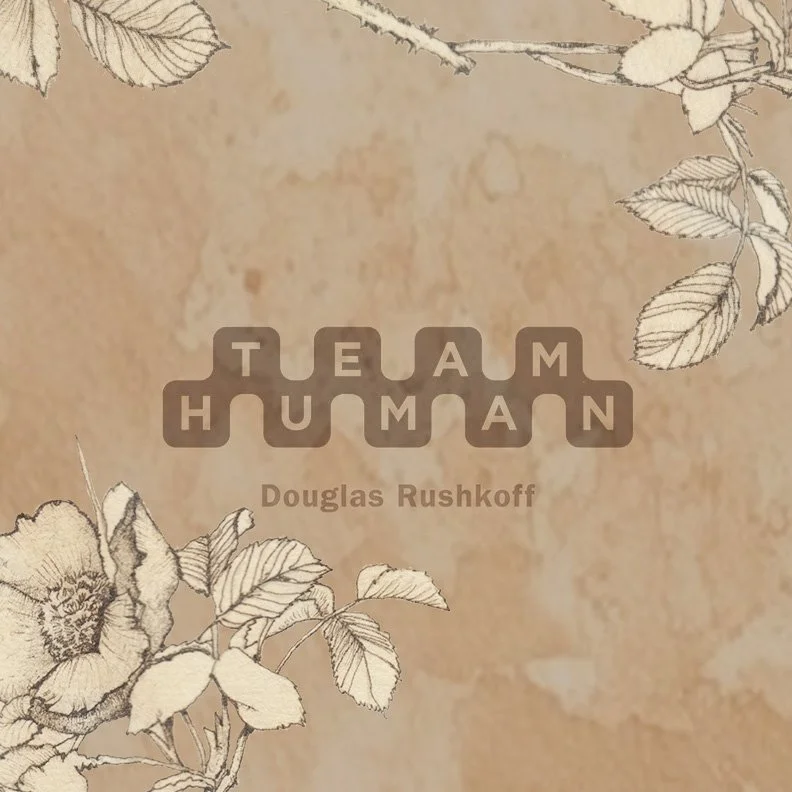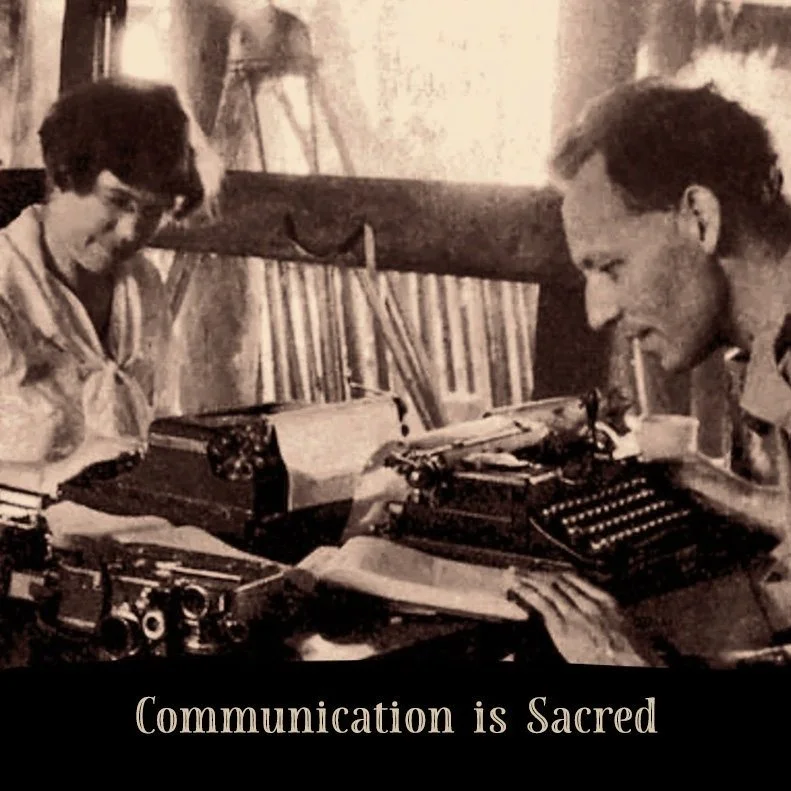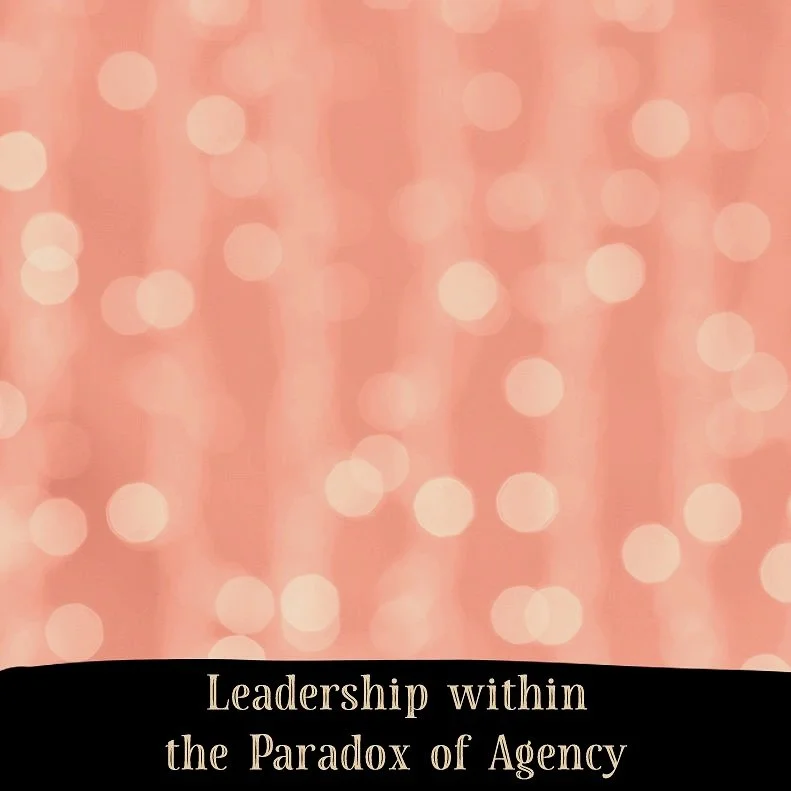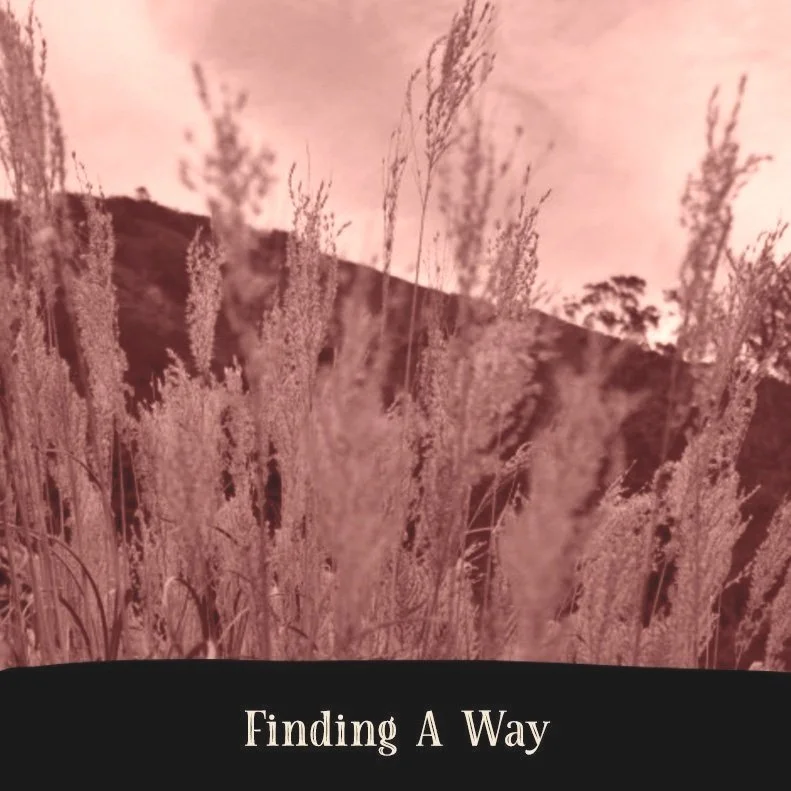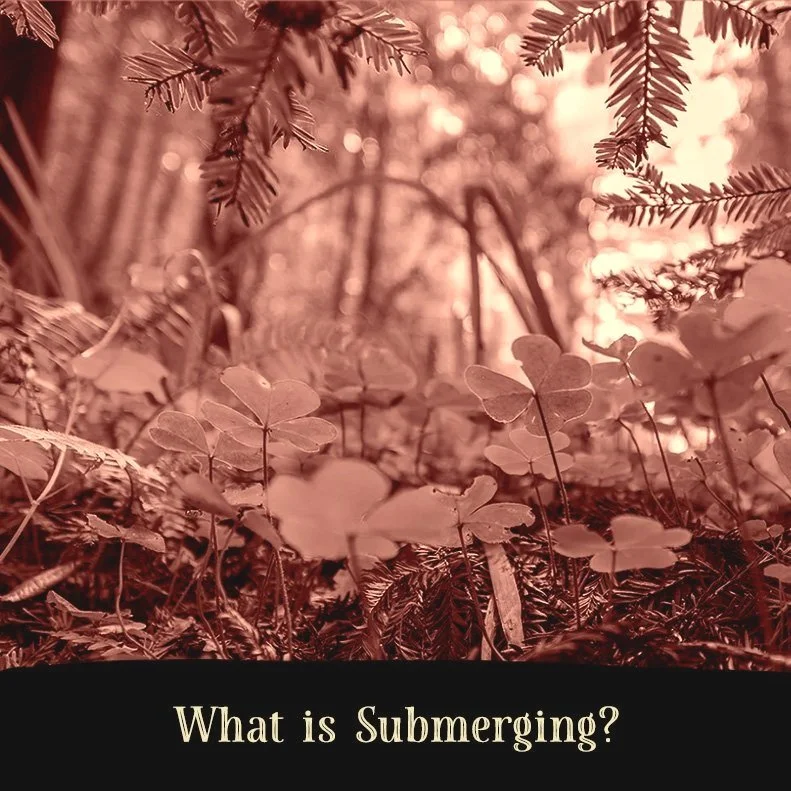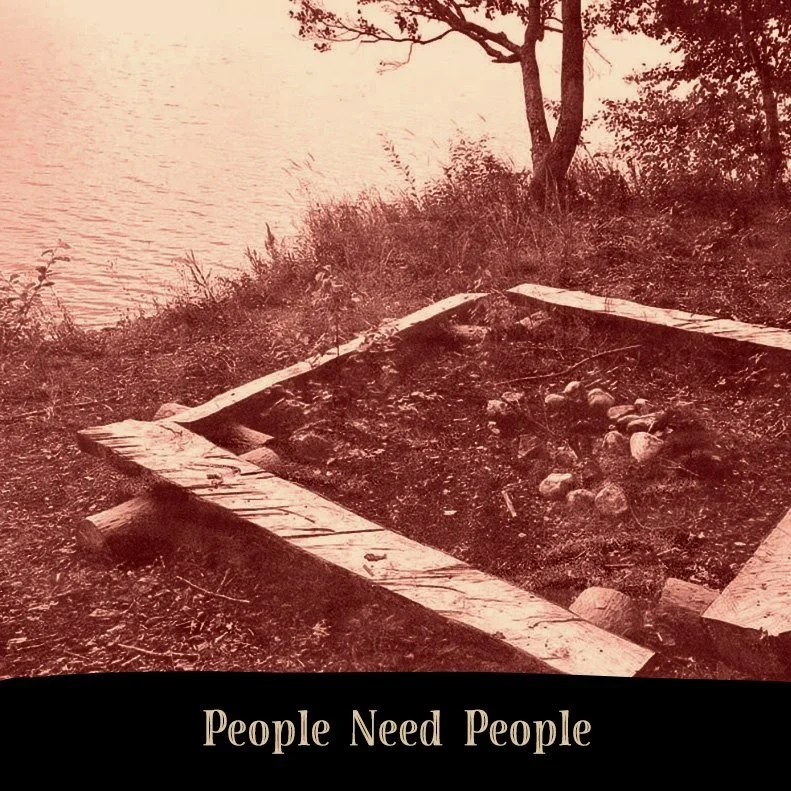
Warm Data is the relational information that describes the many parts of a system. For example, to understand a family, one must understand not only the family members but also the relationships between them, the context they reside in, the ecosystem that shapes them and that is, in turn, shaped by them –that is, the warm data.
Complex, systemic challenges are shaped by the interaction of multiple contexts—the economy, nature, art, culture, technology, etc. —and to effectively address such challenges, we have to understand the transcontextual interdependence. With this awareness, we can shape responses to meet the complexity around us effectively. Without it, we often enact simple responses to complex challenges which in turn create their own problems.
Warm Data is the relational and transcontextual information about and within the interrelationships that integrate elements of a complex system.
Warm Data familiarizes groups of people with the ways in which the contexts of their lives marinate and overlap into each other, and it offers an introduction to the complexity of their own lives so that they may better see the complexity of others. Through this discovery, people begin to see how vital it is to tend to their families, and the land, and they are able to respond to emergencies with warmth.
“Information that does not take into account the full scope of interrelationality in a system is likely to inspire misguided decision-making, which compounds already “wicked” problems. Warm Data is not meant to replace or in any way diminish other data, but rather it is meant to keep data of certain sorts “warm” — with a nest of relations intact.”
— Nora Bateson
Hope lies in the very fact that, as living beings, we are made for relationship. It is only possible to express our humanity in relationship to other human beings. We exude warm data in our eyes, our smiles, our verbal and non-verbal conversations, and the importance we attune to relationships with others at the personal, family levels and in local, national, and global contexts. We also can reach into ancient wisdom to add to our store of warm data and the capabilities unleashed when ‘I see you in me and me in you’. Our well-being and that of our planet is possible only if we permit ourselves to perceive and embrace the rich expressions of who we are as humans and to find a way in relationship. This will require warmth and rigorous attention to relational integrity above the anxiety to control.
At times Warm Data is also described more simply as:
Information that is alive.
Is it possible to respond to the living world without information that is also alive?
“How do we think our way through the messes we’re in when the way we think is part of the mess?”
— Nora Bateson
Why is Warm Data important?
In order to interface with any complex system without disrupting the circuitry of the interdependencies that give it its integrity, we must look at the spread of relationships that make the system robust. Using only analysis of statistical data will offer conclusions that can point to actions that are out of sync with the complexity of the situation. But information without context and interrelationality is likely to lead us toward actions that are misinformed, thereby creating further destructive patterns.
podcasts
articles
videos

“At present there is no existing science whose special interest is the combining of pieces of information. But I shall argue that the evolutionary process must depend upon such double increments of information.
Every evolutionary step is an addition of information to an already existing system. Because this is so, the combinations, harmonies, and discords between successive pieces and layers of information will present many problems of survival and determine many directions of change.”
— Gregory Bateson, Mind & Nature, 1979
Filmmaker, writer, educator. lecturer President of the International Bateson Institute, Founder of Warm Data and Warm Data Labs, Sweden, USA,
Nora Bateson, is an award-winning filmmaker, research designer, writer and educator, as well as President of the International Bateson Institute based in Sweden. Her work asks the question “How we can improve our perception of the complexity we live within, so we may improve our interaction with the world?”. An international lecturer, researcher and writer, Nora wrote, directed and produced the award-winning documentary, Mind, a portrait of her father, Gregory Bateson.
Her work brings the fields of biology, cognition, art, anthropology, psychology, and information technology together into a study of the patterns in life. Her book, Small Arcs of Larger Circles released by Triarchy Press, UK, 2016 is a revolutionary personal approach to the study of systems and complexity, and the core text of the Harvard University LILA program 2017-18. Her new book, Combining, was published in November 2023 by Triarchy Press. Nora was the recipient of the 2019 Neil Postman Award for Career Achievement in Public Intellectual Activity.
The IBI integrates the sciences, arts and professional knowledge to create a qualitative inquiry of the integration of life. Nora is the president of the International Bateson Institute, directing research projects that require multiple contexts of research. interdependent processes. Asking, “How we can create a context in which to study the contexts?” An impressive team of international thinkers, scientists and artists have been brought together by the IBI to generate an innovative form of inquiry, which Nora coined “Transcontextual Research” and the corresponding new form of information she dubbed: “Warm Data”. A group process created by Nora, called the ‘Warm Data Lab’ has been the public outreach model of this research. Over 1000 groups around the world, in over 40 countries have participated in Warm Data Labs held by more than 600 certified Warm Data hosts. Warm Data Labs assist in developing the ability to perceive complexity. In 2020 Bateson redesigned the Warm Data Lab for online use, called People Need People (online).
In addition Bateson is also credited with the innovation of the neologism "symmathesy," and the corresponding theoretical essay bearing the same title. Bateson defines this neologism as "An entity composed by contextual mutual learning through interaction. This process of interaction and mutual learning takes place in living entities at larger or smaller scales of symmathesy."
As an educator she has developed curricula for schools in Northern California, and produced and directed award winning multimedia projects. Her work, which has been presented at the world’s top universities, is described as “offering audiences a lens through which to see the world that effects not only the way we see, but also the way we think”. Nora’s work in facilitating cross-disciplinary discussions is part of her research into what she calls, “the life of the conversation.” Her speaking engagements include keynote addresses and lectures at international conferences and universities on a wide range of topics that span the fields of education, the arts, family therapy, leadership and many more aspects of help for living systems-- she travels between conversations in different fields bringing multiple perspectives into view to reveal larger patterns.
Memberships and awards: Chairman and founder of the International Bateson Institute. Associate of The Taos Institute. Board Member: General Semantics Institute, Capital Institute, Tomorrow Makers, Fellow of Lindisfarne Foundation, Bateson Idea Group (BIG), Club of Rome, World Academy of Arts & Sciences, Great Transition Foundation, Human Potential Foundation, Awards: Sustainable Thompkins Award, Winner Spokane Film Festival, Winner Santa Cruz Film Festival, Recipient of the 2019 Neil Postman Award for Career Achievement in Public Intellectual Activity.



